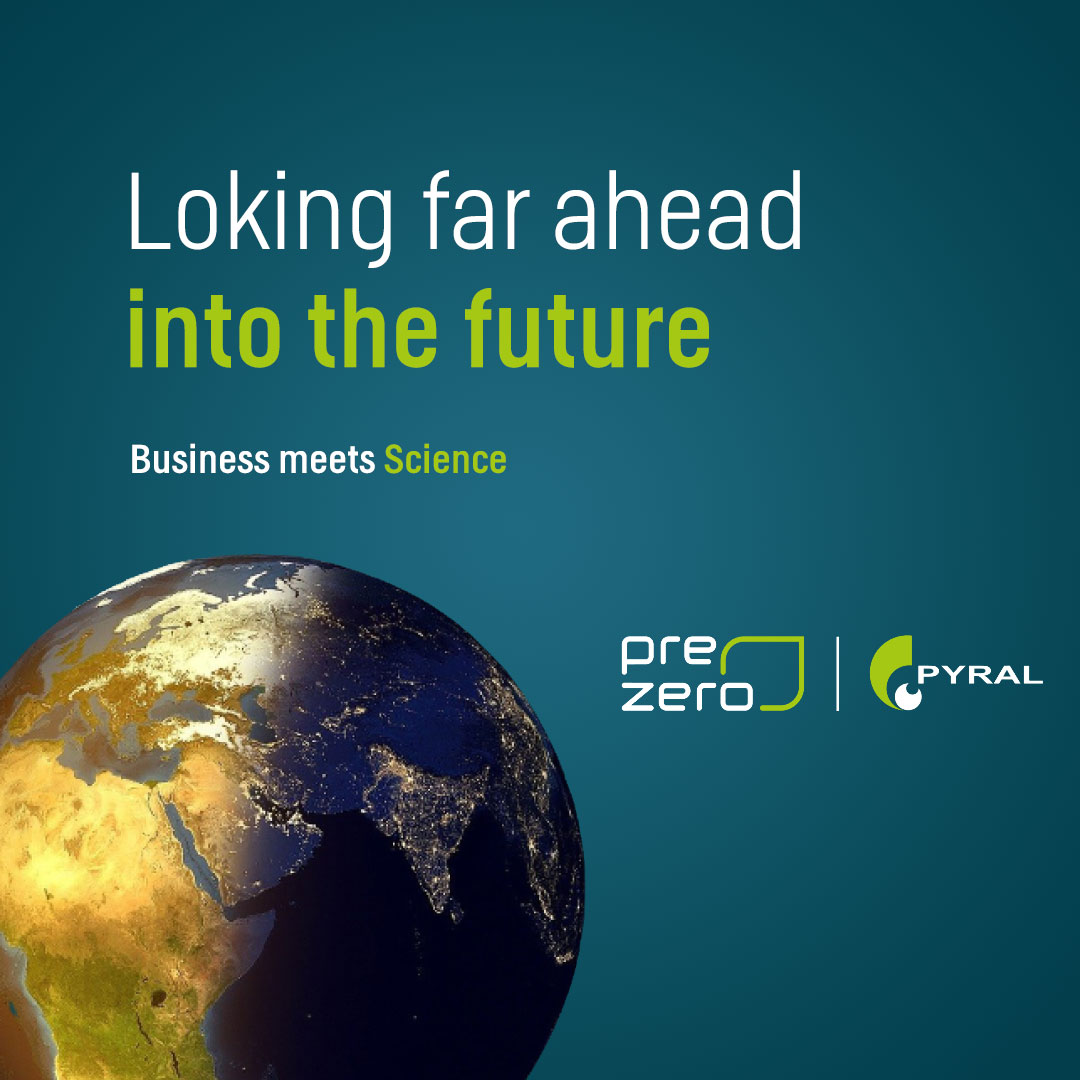In November, a conference on the circular economy initiated by the TU Dresden and under the patronage of Thomas Schmidt, Saxon State Minister for Regional Development, took place for the first time: The Lausitz-Konferenz Circular Economy. On November 15, the kick-off event of the conference series “Economy meets Science” took place. Researchers, politicians and entrepreneurs met here to exchange information about current developments in and perspectives for the Saxon circular economy and resource protection. This type of event is intended to take account of the cross-societal relevance of the topic of the circular economy and the “European New Green Deal”.
In addition to speakers such as Prof. Dr. Ing. Michael Beckmann from the TU Dresden or Dr. Klaus Freytag, Lusatia Representative of the Minister President of Brandenburg and Christoph Winterhalter, Chairman of the Board (CEO) DIN e. V., we were also allowed to contribute. Markus Reissner, Managing Director of PreZero Pyral GmbH, presented the company’s circular economy processes.
Closing cycles – with PreZero Pyral’s thermochemical recycling process
PreZero PYRAL is one of the largest aluminium recyclers for aluminium-containing packaging waste in Europe. However, our economic contribution goes far beyond material recycling. At the Freiberg site, we have worked intensively on the question what should be done with the “remainder” of the
PreZero Pyral’s unique pyrolysis process offers solutions for this. The LIBS (Laser Induced Breakdown Spectroscopy) process sorts the Pyralu™ produced in the pyrolysis process, according to defined alloys.
The aim, however, is to exploit even more open potential: The resulting pyrolysis gases are to be converted into short-lived hydrocarbons with hydrogen splitting or used for natural gas production. This synthetic gas can then be used for various purposes – very efficiently, however, as an energy source for further thermal processes, such as the melting of aluminium.
This closed-loop thinking is one of our trademarks. After all, such innovations not only make recycling more efficient, but also promote other environmental protection factors. By means of “circular economy”, high transport costs as well as logistics routes can increasingly be avoided. In particular, outsourcing to “favourable” foreign locations for the production of materials is minimised, and important economic sectors can be brought back to the manufacturing location Germany, in compliance with strict environmental regulations.
This is what the thermochemical recycling process entails
The thermochemical process is an addition to pyrolysis, by means of which aluminium is recycled and separated from impurities. Organic material that cannot be recycled in the process serves as the source of the pyrolysis gas – “waste” that would otherwise simply not be put to productive use.
The resulting pyrolysis gas is catalytically treated. Long-chain hydrocarbons are thereby completely split into short-chain hydrocarbons.
Traditional catalyst technologies are used to split the pyrolysis gas. In addition, we use ceramic oxygen carrier material, which means that we can dispense with an external reaction gas feed – and thus work in a CO2-neutral manner – as well as achieving an increased yield of hydrogen through the coatings of the carrier material.
The gas processed in this way is then reused in two ways:
Hydrogen splitting:
The H2 is separated by pressure swing adsorption. It can then be used in mobility as a fuel alternative, or in plastics production. By adding CO2, it can be converted into methanol (“methanol-to-olefins” (MTO)), which can be used to produce plastics without fossil fuels.
The “off-gas” produced during the pyrolysis process, on the other hand, is reused as an energy source for industrial processes, e.g. in the aluminium smelter.
“Turning waste into something new” – Looking ahead to the future
“Circular economy” is our future. Not only because primary raw materials are becoming less and modern consumer behaviour must be met in the long term. But also because thinking in terms of the circular economy is more efficient and environmentally friendly. The synergetic benefits of the circular economy can be seen on many levels, in both the economic and monetary sense. That is why we strive in all our spheres of activity to exploit the full potential in the sense of the circular economy.
PreZero Pyral GmbH invests in research and development in order to get the optimum out of it. The claim of the approach presented here corresponds to the endeavour to minimize CO2 emissions, to recycle and reuse valuable secondary raw materials in an optimal way and to use by-products, such as gases, for production processes in an energy efficient way. The success of these efforts is demonstrated by awards such as the German Packaging Award 2021 in the sustainability category (for the aerosol can in cooperation with Tubex GmbH).
https://www.verpackung.org/events/deutscher-verpackungspreis-2021/auszeichnungen

